6 hacks to keep you warm at night without putting the heating on
If you feel the chill at night, these tips will help you stay cosy without running up the heating bill
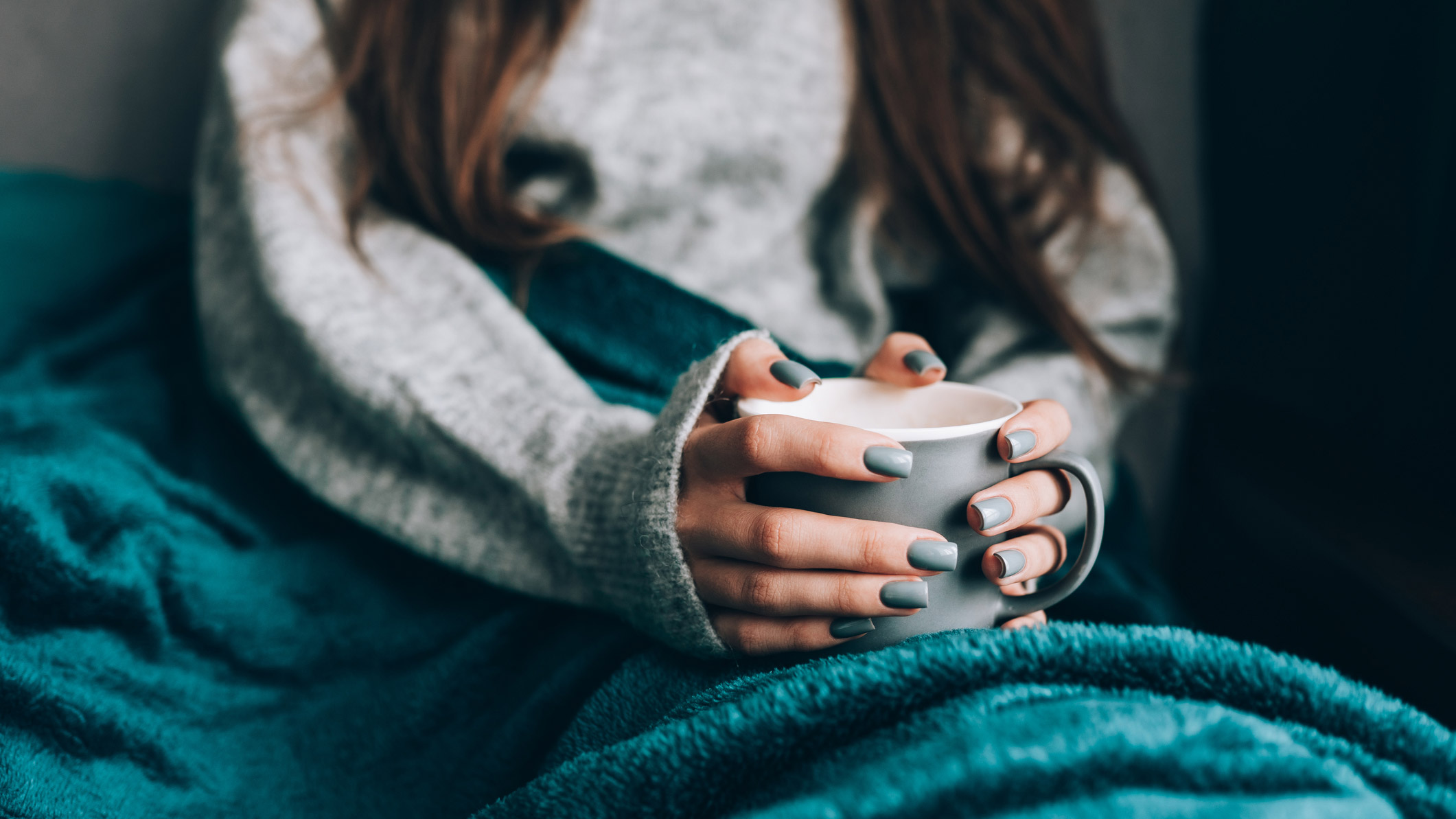
Winter can look appealing, with snowy scenes and crisp, cold days that are made for enjoying the snow outside or curling up by a fire inside. But unfortunately colder days make for even colder nights, which can make it hard to get comfortable in bed and get a good night’s sleep. You can go a long way to improving your sleep with one of our best mattress and best pillow selections, but climbing into a cold bed can be a miserable experience, particularly if you’re of a more reptilian disposition.
Getting good sleep is crucial to our wellbeing and, in fact, being too hot or cold can really affect sleep. But if you are someone who struggles to stay warm at night the good news is that it’s easier to warm up your bed than cool it down. And if it turns out that other things are keeping you awake, follow our tips on how to find your sleep window to help you drift off more easily.
1. Wear flannel pyjamas
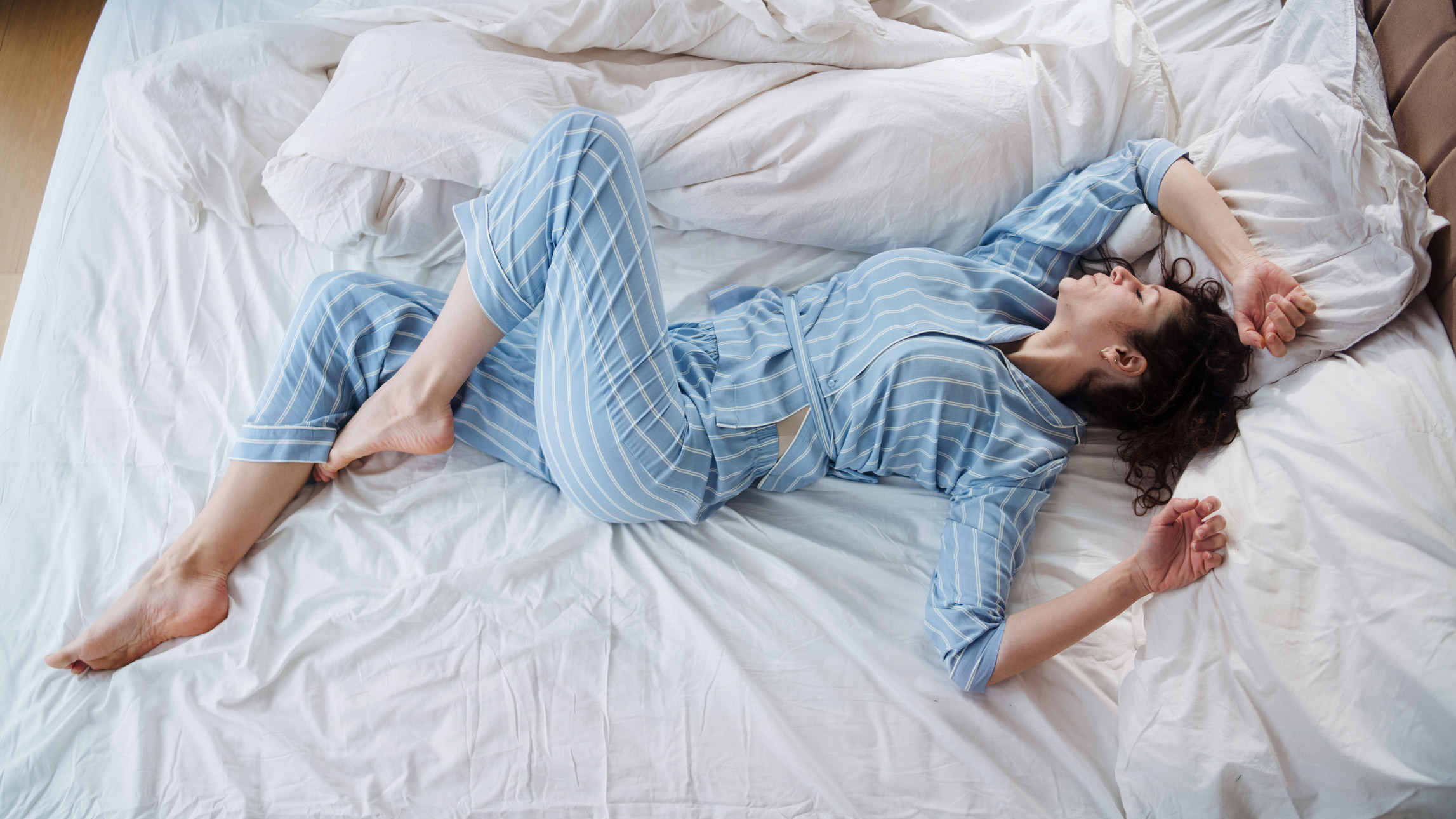
The first step to staying warm at night is making sure that you yourself are wrapped up. So wearing suitable nightwear in bed will go a long way to keeping you cosy. You might think that wearing fleece pyjamas is the best idea, as they are made of the thickest material. But these can cause you to overheat and get sweaty at night, which isn’t going to help you sleep well either.
Instead, we’d recommend flannel pyjamas that will retain heat and keep you warm but are breathable enough to keep your temperature regulated. Research also suggests that woolly flannel pyjamas are the best choice.
2. Invest in some bed socks
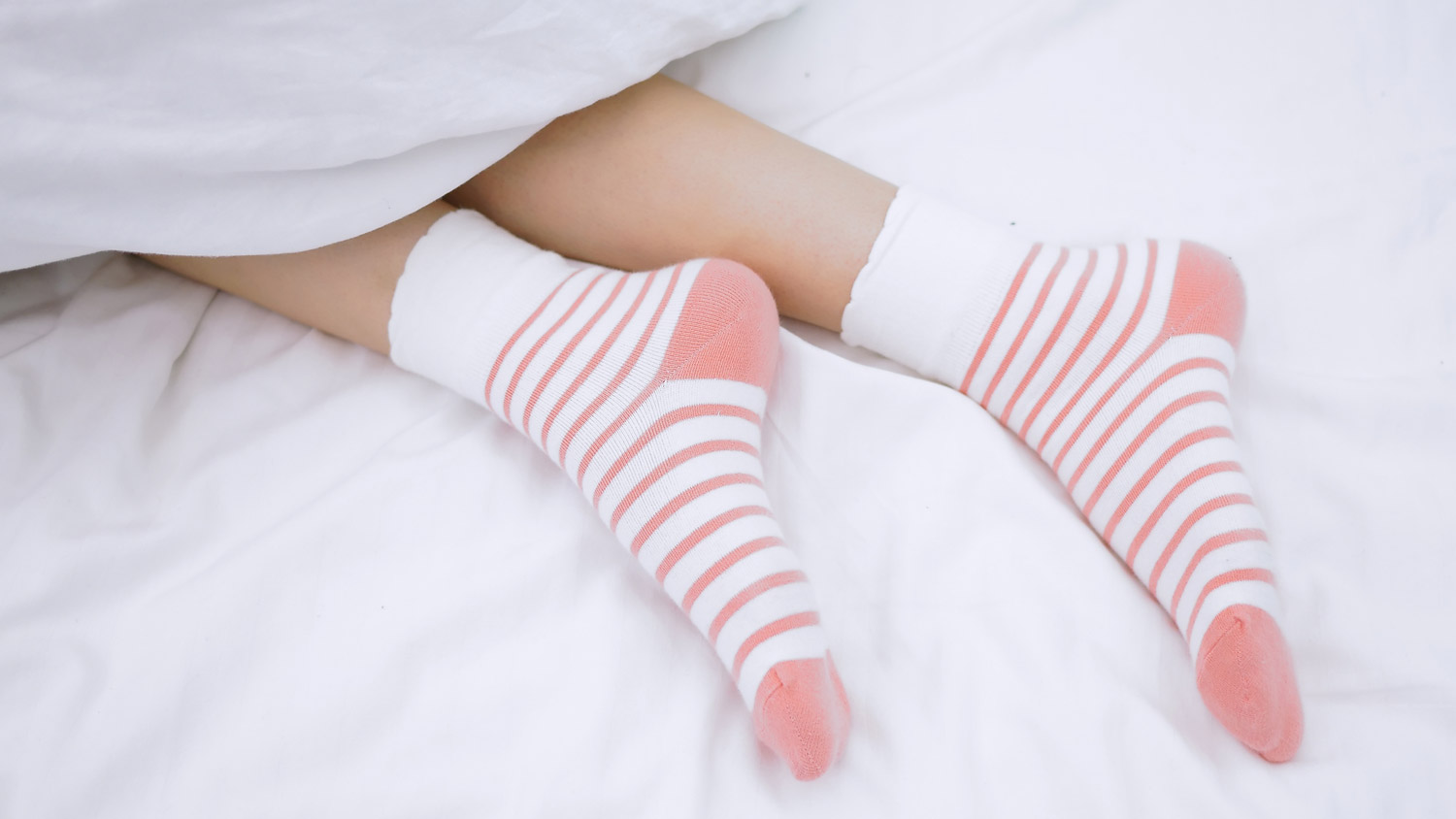
Without wishing to sound evangelical, bed socks have made a huge difference to my life. Nothing makes you feel colder in bed than cold feet and, even if you share your bed with a partner who sleeps hot, they’re going to run out of patience with you warming your feet on them. Instead, invest in some good quality bed socks.
These socks are slightly looser than normal socks, allowing air to circulate while keeping your toes snug. Avoid normal thick socks as these will be too tight and may restrict circulation. Studies show that wearing bed socks not only keeps your feet warm but helps you to sleep longer and wake up less often.
3. Up your duvet tog
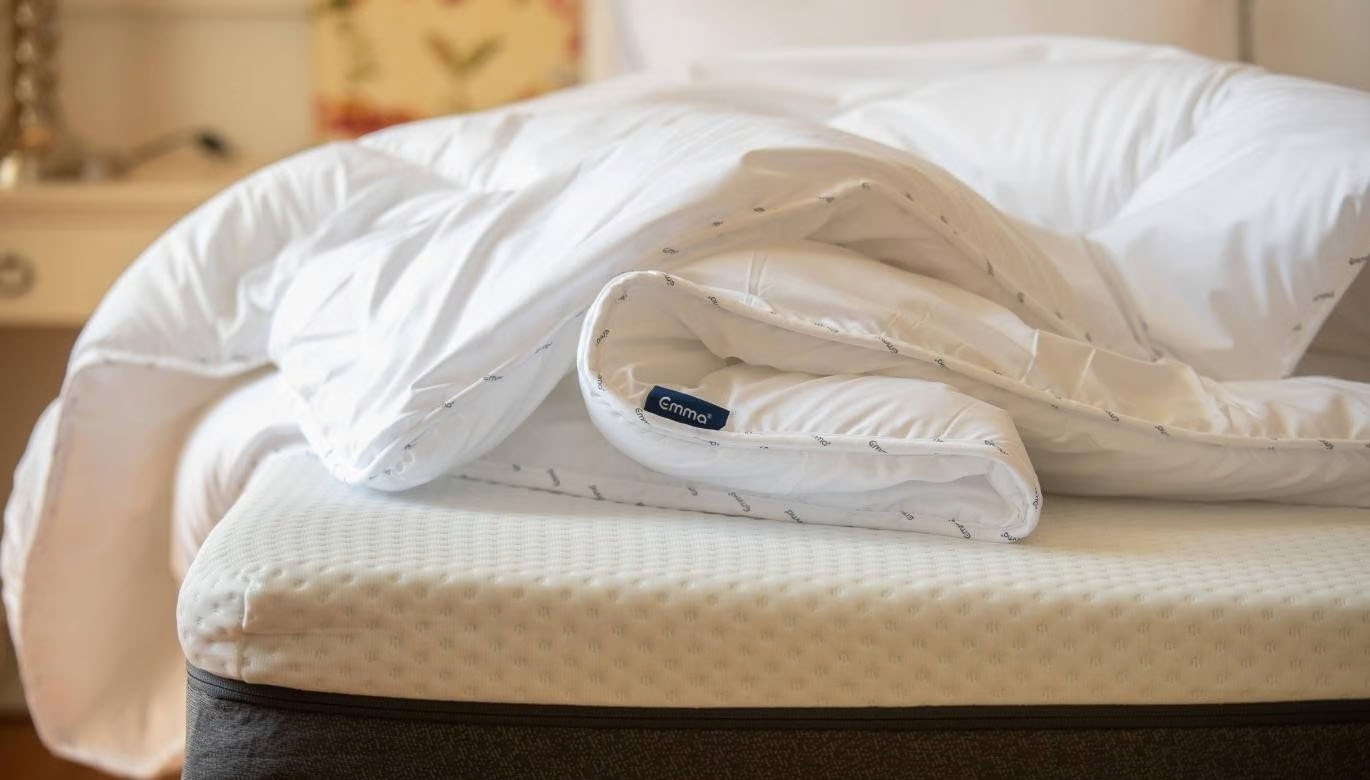
As you probably know, most duvets come in different tog ratings. 4.5 is a great choice for summer, while 10.5 is ideal for autumn and spring. But if you’re still struggling to keep warm, you can also get duvets with togs of 13.5 or 15, which provide more insulation and should be warm enough to keep even the chilliest of us cosy. Our best duvet selection will give you some ideas, including 3-in-1 options that will cover all year round.
Get daily insight, inspiration and deals in your inbox
Sign up for breaking news, reviews, opinion, top tech deals, and more.
4. Layer up your bed
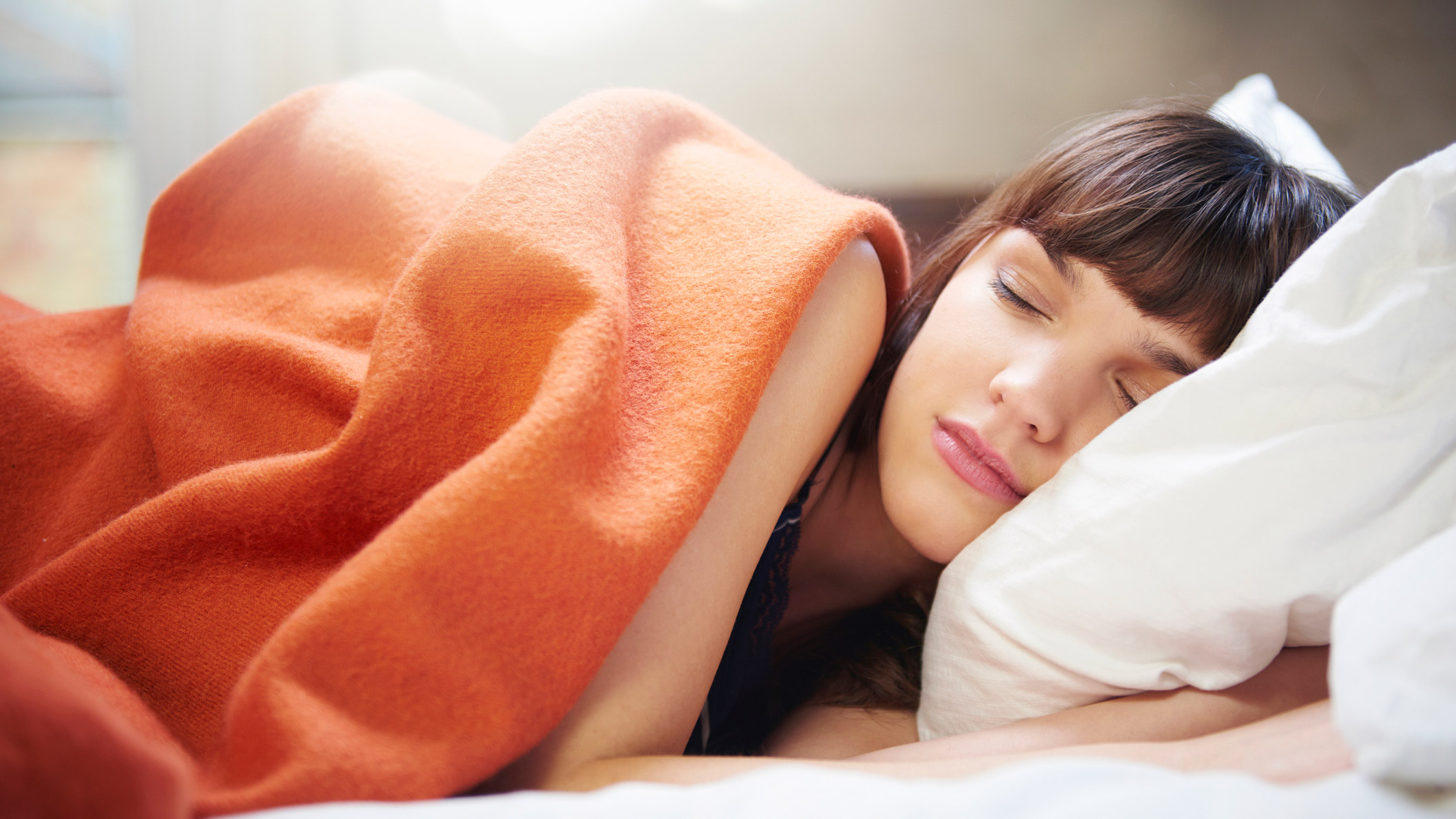
If you’re not a duvet fan, or your duvet still isn’t keeping you warm enough, create layers to help trap warm air. Thin top sheets and thick blankets will help with insulation and also give you the option to take a layer off during the night if you get too warm. This can also be useful if you’re sharing a bed with a hot sleeper, as you can choose single blankets to just cover one side of the bed.
5. Keep your bedroom cool
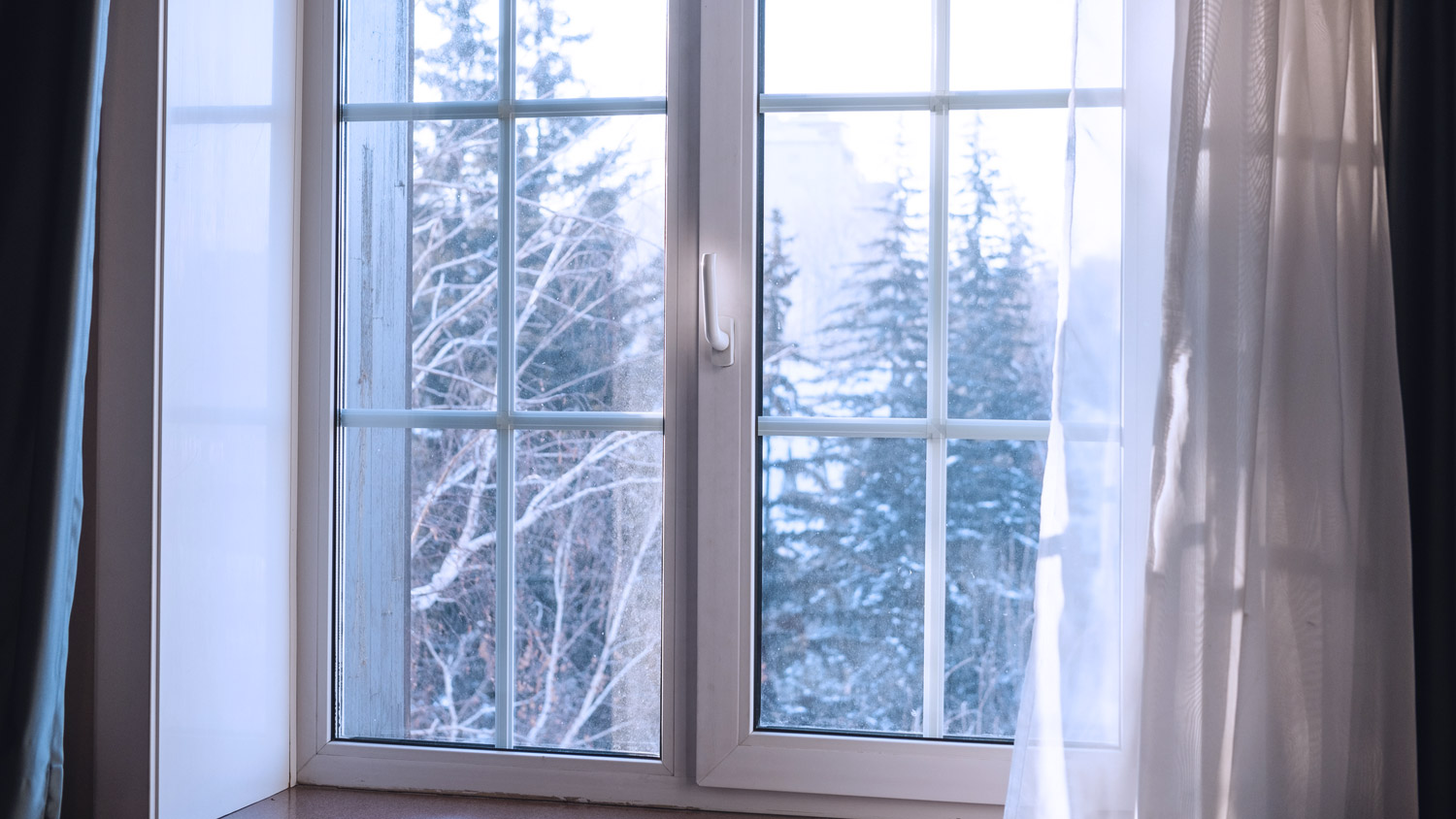
This might sound counterintuitive, but while you want to warm up your sleep environment (bedding, pyjamas etc.) you’ll actually want a cooler environment to sleep at night. Expert advice says that you should set your thermostat to between 60 and 67°F (15.6 and 19.4°C) at night to keep the body comfortable. Any higher and you’ll risk overheating and disturbed sleep.
6. Have a hot drink or a warm shower before bed
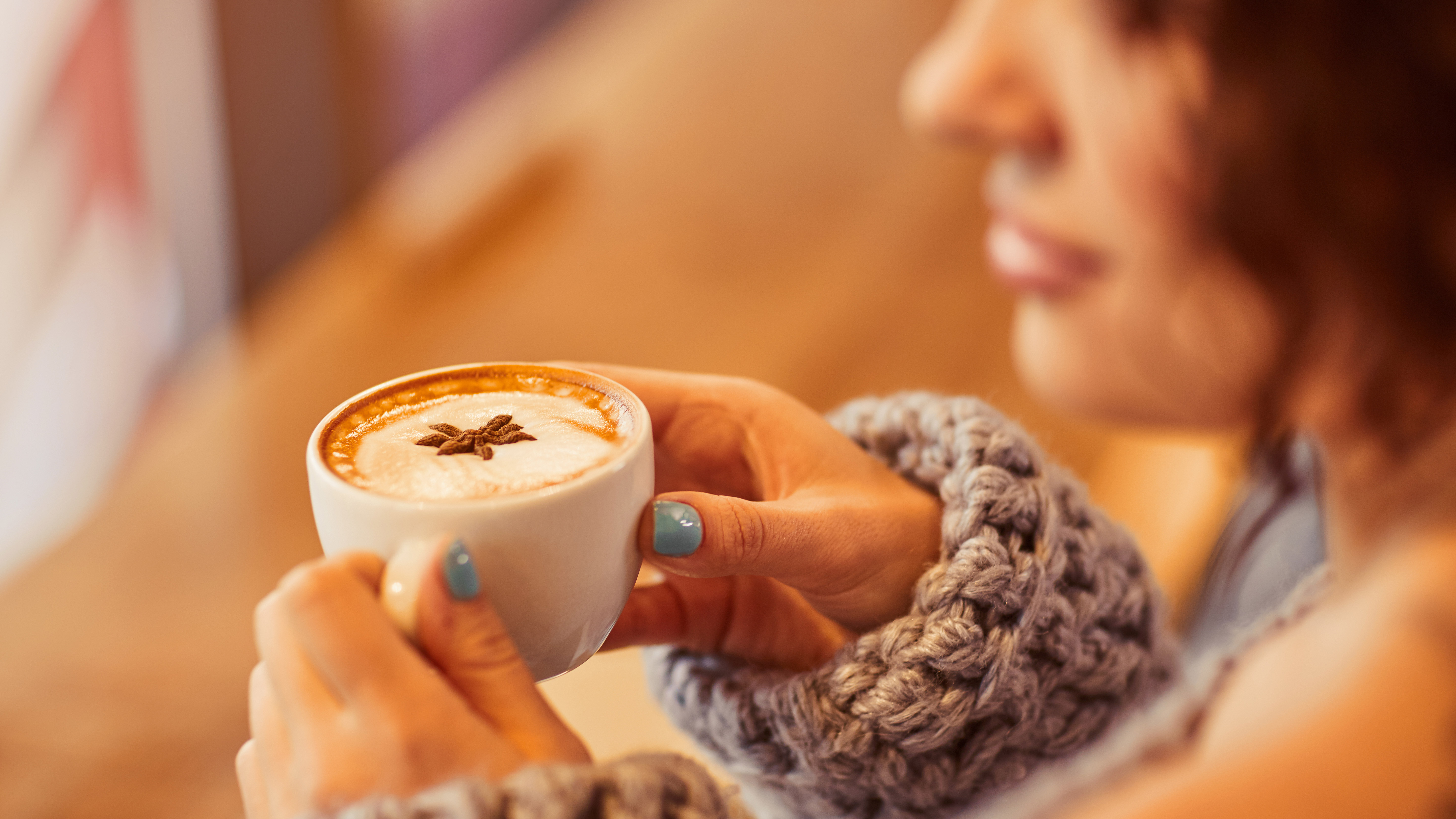
Research suggests that a warm shower or bath a few hours before bed helps you unwind and fall asleep faster. While it will warm you up, it’s helping to lower your core temperature, which is a circadian sleep signal. In a similar way, a hot drink warms us up but makes us feel sleepier, again lowering our body temperature.
Obviously, don’t ruin this by having a caffeinated drink! Hot chocolate is a great choice, while herbal teas such as valerian and chamomile have ingredients that naturally help us sleep.
Jo Plumridge is a freelance writer and photographer with over 20 years of experience writing for a variety of magazines, books and websites. She writes, perhaps unsurprisingly, about photography but also extensively on all things sleep and interior design related, alongside home and tech product reviews. She’s lived in the middle of a nature reserve in Botswana and written a guidebook to New Zealand, but now spends a lot of time trying to photograph the cats she and her husband foster for a local charity - without a doubt the most challenging subjects on earth!
